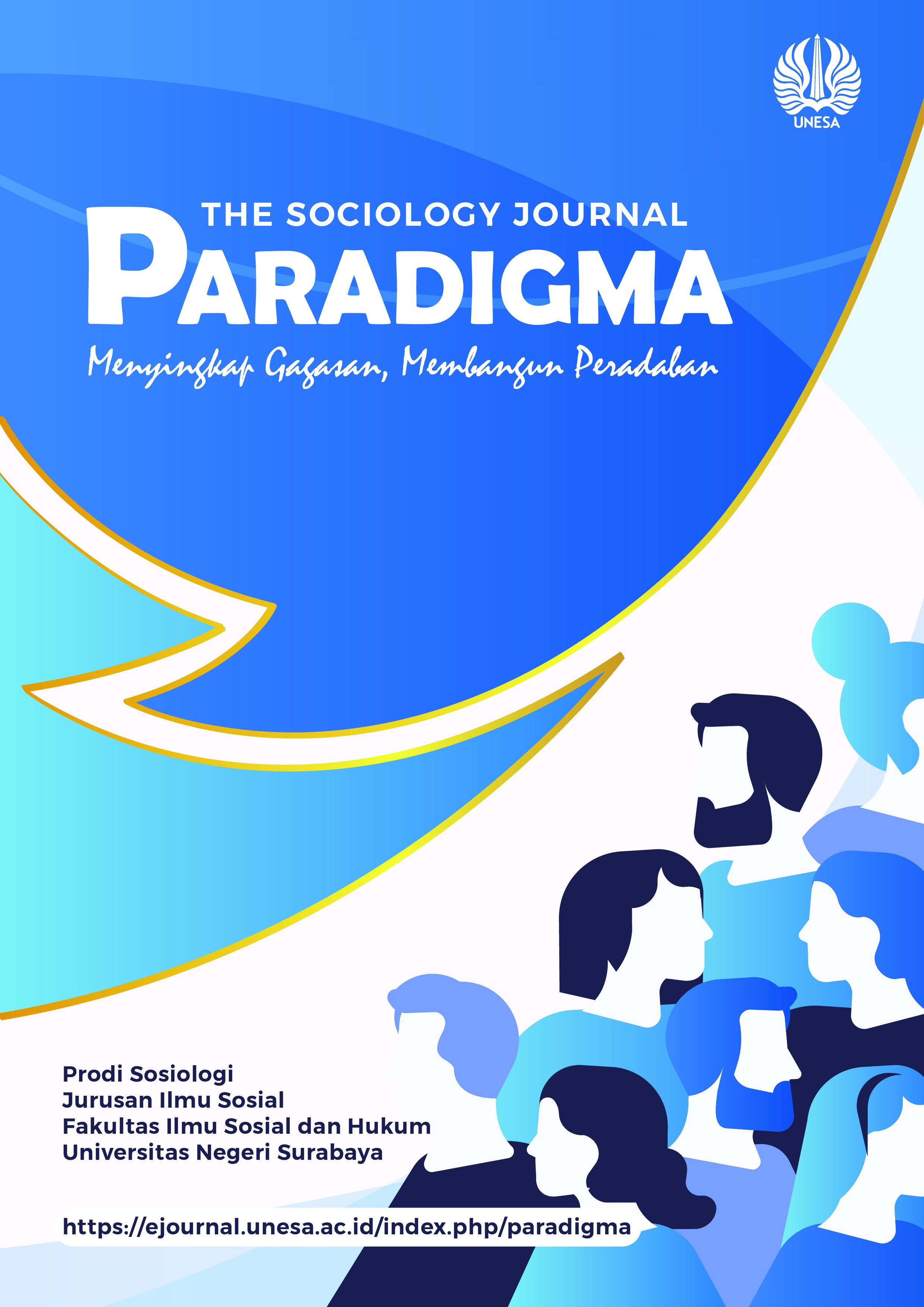Konstruksi Media Online dalam Kekerasan Seksual di Lingkungan Perguruan Tinggi
Abstract
The mass media, especially the internet, is able to provide greater opportunities for someone to be creative, get information from many things, and self-actualize. Online media is proof that the mass media has experienced a revolution. So it is not surprising that audiences switch platforms in obtaining information, namely from print media to online media in terms of getting news. One of the major online media in Indonesia is Detikcom. Media policy in determining the right news to be published also has a contribution in shaping public opinion. Minister of Education and Culture for Research and Technology Number 30 of 2021 only applies to the campus environment and does not apply to the general public. Thus, the center of attention is female students and female lecturers who are often victims of sexual violence. The purpose of this research is to identify, analyze and know the construction of reality, find out the perspectives behind the reporting of sexual violence, and find out how the online media Detik.com reports on issues of sexual violence that occur at UNESA Higher Education. The results showed that the news framing analysis on the Detik.com media that highlighted a lot was reporting on lecturers who were actors, Detik.com also played on the emotions of the audience to empathize with these perpetrators. There is an ideology in the online media, namely regarding the rejection revealed by this online media in loading its news content. Starting from showing who the perpetrators are and who is the victim, where and how cases like this can occur at UNESA universities, as well as what legal consequences arise and must be accepted by the perpetrators of sexual violence.
Downloads
Downloads
Published
How to Cite
 Abstract views: 154
,
Abstract views: 154
, PDF Downloads: 97
PDF Downloads: 97


